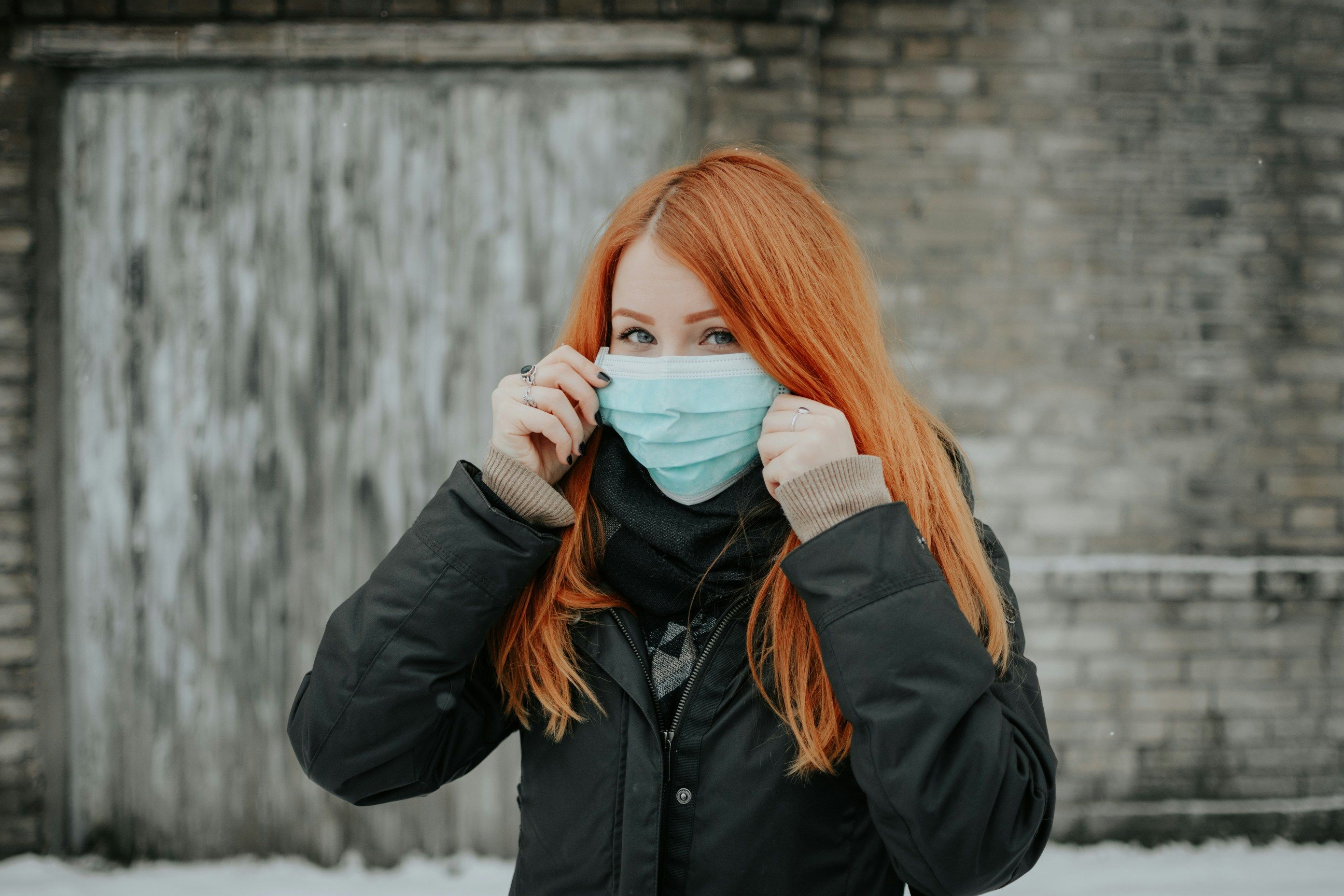Eczema, Psoriasis, Other Skin Diseases Do Not Differ Effect of COVID-19
Despite the unique effects of atopic dermatitis, psoriasis, urticaria and vitiligo on the body and its inflammation pathways, COVID-19 outcomes were consistent among patients.
By
Armand Butera
| Published on September 5, 2024
4 min read
Credit: Unsplash / Pille R. Priske

Though the skin conditions differ in effect on the patients' pathways of inflammation, there appears to be no difference in risk of COVID-19 severity among patients with either atopic dermatitis (eczema), chronic urticaria, psoriasis, or vitiligo, according to research. However, acute COVID-19 cases and corresponding treatments may be linked to changes in the course of skin diseases all the same.
A team of Brazil-based investigators noted that among COVID-19 complications, the inflammation caused by it could influence the skin microenvironment. Limited information was previously available on the influence of COVID-19 and its treatments on patients with skin diseases, though it was hypothesized that dermatologicial conditions could be affected by the virus.
The team conducted an electronic survey to evaluate acute COVID-19 symptoms, treatment, and changes as they related to the psoriasis, vitiligo, atopic dermatitis, and chronic urticaria.
Investigators analyzed 6614 confirmed COVID-19 cases between May and June 2021. Of the total number of cases, 843 reported one of the four active skin diseases being assessed.
Via SMS messages and online support groups, investigators contacted these participants to engage in an online questionnaire regarding COVID-19 and the featured skin diseases. Associations among dermatological treatments for the featured diseases and COVID-19 severity, symptomatic period, and clinical course were studied.
Overall, hospitalization due to COVID-19 did not differ between respondents with (nine percent) and without (11 percent) skin diseases, though a lower rate of hospitalization was noted for respondents with vitiligo who used oral antioxidants.
However, investigators reported that some symptoms related to the virus were associated with various skin diseases. High fever was associated with an exacerbation of chronic urticaria, and severe dyspnea was associated with the worsening of arthralgia in psoriasis and atopic dermatitis lesions.
Additionally, the use of antimalarials for COVID-19 was shown in the exacerbation of vitiligo, and hydroxychloroquine was associated with clinical worsening. Oral corticosteroids also lead to greater clinical impairment in respondents with vitiligo and chronic urticaria, as did antihistamines for those with atopic dermatitis.
Antihistamines were also associated with longer symptomatic periods in cases of acute COVID-19, however methotrexate and biologics had no detectable effect on the virus.
Several other important developments were recorded during the study. Investigators believed the use of oral glucocorticoids, which were used in cases of unstable vitiligo and chronic urticaria, indicated increased exacerbation caused by viral infection.
They added that the clinical worsening of chronic urticaria by COVID-19 was the possible influence of TGF -β secretion. The event led to fatigue, fever, cough, and pneumonia, and was associated with high fever as well. The acute-phase protein EL-6 was also linked to COVID-19 symptoms.
“The severity of COVID-19 does not differ among patients with AD, CU, psoriasis, and vitiligo, but acute COVID-19 and its treatments can affect the course of skin diseases,” the team wrote.
An original version of this article was published by sister site HCPLive.

